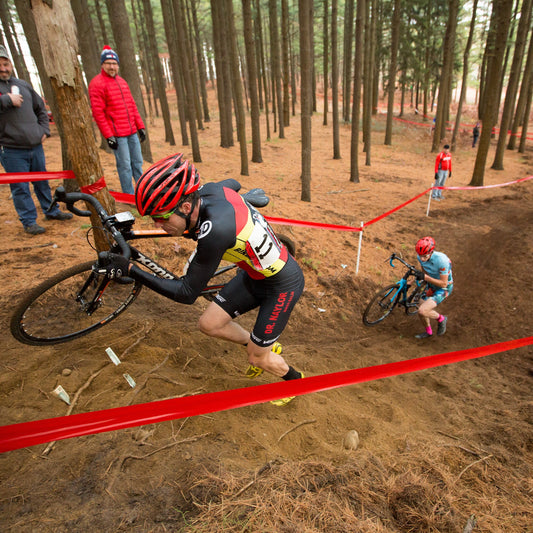Here we are – about to approach May 1st and, with a plethora of events being cancelled or postponed, race season 2020 is in jeopardy. With these cancellations, motivation to stay fit and healthy can be hard to maintain. Even with the world embracing the virtual training and race environment, most folks are still itching to get back to the real routine: early morning wake-up, pre-race jitters, and the elation of crossing the finish line.
You see it everywhere – friends and training partners, coaches and race directors, and everyone in between (myself included) are trying to encourage folks to carry on, whether an event was pushed to later this year or next year. Ultimately, we all want the same thing: the ability to safely achieve our goals. But let’s note: while it may be hard to admit, it is OK and NORMAL to feel unmotivated. It’s perfectly acceptable, right now, to feel defeated, to need a break, or to question when racing is going to happen. None of us have experienced this uncertainty in our lifetime. I would argue that it would be harder to find anyone who has NOT felt some emotion of doubt in the last 5+ weeks. You are NOT alone.
All of this said, if you are struggling to justify your training, validating the desire to maintain fitness, or simply doubting your ability to get to your next finish line, here are a few reasons you can try to instill in your mantra to help get you through the next workout.
- Fitness is good for your overall health
I may be stating the obvious here but, removing global pandemic or race schedule from your mindset, remember that maintaining any type of fitness program is beneficial to all. Part of the reason many of us enter the endurance sport world is to build a healthy lifestyle. Even if our training may need to alter for a bit, you’ve worked hard to earn your current fitness. Might as well keep it!
- Great time to focus on weaknesses
Minus pool specific swimming (in most places), this is an excellent time to work on any specific weaknesses. Can you add a recovery workout to your training week to enhance your overall fitness and add some specific volume? Need to work on your run speed at short course racing? Could you add 15-30 minutes of strength work a few days a week? With racing on the back burner, this is a great time to tackle these things without worrying about RACE specific prep.
- Improved mental state
No, I am not a doctor, so I cannot factually state how or why one may have a better mindset while training. But from experience, I think most will agree that our minds feel more at ease when our fitness is at least in a decent spot. You feel better about individual workouts, you are less concerned about being undertrained for a race, and you are participating in an exercise that you have grown to enjoy.
- Maintaining or Creating a routine that can last
If you’ve been struggling to find consistency in your training due to work, your commute, family obligations, or any other life stressor, this may be an excellent opportunity to structure your weekly training schedule. Of course, you want a realistic schedule – don’t create a training schedule that has you training 20 hours a week if that is not sustainable, may lead to injury, or will be unobtainable when normalcy returns. But work on a routine that fits for you.
- More time to build OR get healthy
This is the one reason on this list that promotes training LESS. Were you a little behind in your training due to injury or motivation? Are you fighting an injury now that you may have been pushing through? Now you don’t have to worry about forcing in workouts to get to the race start. You can take this time to work on building up your base or reduce training load for specific sports (and re-focus it elsewhere). Time is on your side.
- We WILL race again!
All of this said, the big picture of all of this is that, at some juncture, there WILL be races. Yes, we may not know exactly when these will occur. But when it’s clear an event will happen, we want to be able to turn the dial on our training to be race ready within 4-12 weeks. You don’t need to be cranking out IRONMAN distance training measures (yet, anyway), but keep a base level of fitness so you can switch gears at any moment!
Times are certainly uneasy and uncertain right now. Do your best to keep going, stay motivated, lift each other up, and be ready. Because when it’s time to toe the line again, we’ll all celebrate that we worked together and made it through.
This post was written by former Coach, Joe Rich.





